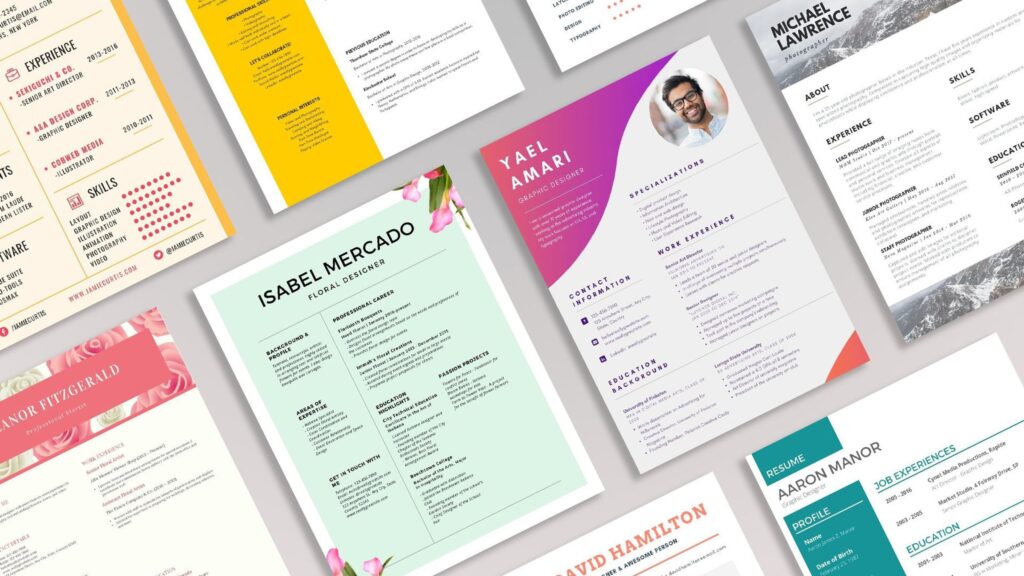
When you are building your career, there comes a time when your old skills just aren’t enough to make it in your industry. But how do you know when it’s time to invest in additional training, certifications, or professional development? Whether you’re aiming for a promotion, transitioning careers, or simply trying to stay relevant, there are clear signs that it’s time to hit the books and boost your expertise. Let’s check out some of the ways to recognize that it’s time for professional growth and how to make it work for you.
Your Resume Needs a Glow-Up

If your resume feels a little too comfortable or hasn’t been updated in a while, it might be time to consider additional training or certifications. Adding new skills and credentials not only makes your resume more attractive but also demonstrates that you’re committed to continuous improvement. Employers are always on the lookout for candidates who bring fresh ideas and up-to-date expertise to the table.
Training and certifications can help in empowering your professional journey, especially if you’re looking to pivot into a new role or industry. Whether it’s mastering a specific software, gaining industry-specific knowledge, or achieving a widely recognized certification, these additions can give your resume the extra edge it needs to stand out in a crowded job market. The key is to align your training with your career goals, ensuring every effort brings you one step closer to where you want to be.
You’re in a Field That Requires Safety Expertise

For industries that prioritize workplace safety, obtaining certifications is more than just a smart move—it’s often a necessity. If your job involves managing safety protocols, overseeing operations, or mitigating risks, it might be time to pursue a certified safety professional certification. This credential not only equips you with critical knowledge but also positions you as an authority in your field.
Certifications like these highlight your commitment to maintaining a safe and compliant work environment, a quality that employers deeply value. They also open the door to new opportunities, whether you’re seeking a leadership role or transitioning into a specialized area of safety. By staying proactive with your certifications, you’ll keep yourself indispensable and up-to-date in an ever-changing professional landscape.
You Feel Stuck in Your Current Role
Hitting a plateau in your career can be a frustrating experience. If you find yourself doing the same tasks day in and day out without much challenge or opportunity for growth, it might be time to enhance your skill set. Training programs and professional development courses can provide the jolt of energy your career needs, allowing you to take on new responsibilities and move closer to your goals.
Often, employers are more likely to invest in you if you show initiative by pursuing additional training. It’s a win-win situation: you gain valuable skills that make you more effective in your current role, and your employer benefits from a more capable and confident team member. If you’re feeling stagnant and stuck, consider this a sign that it’s time to shake things up with some professional development.
Your Industry Is Rapidly Changing

In fields like technology, healthcare, and marketing, change is the only constant. Staying ahead of industry trends often means keeping your skills relevant through ongoing education. If you notice your field is evolving—whether through new tools, methodologies, or regulations—it’s a good idea to proactively seek out training that keeps you in the loop.
Think of professional development as an investment in your future. By learning the latest techniques or becoming proficient in emerging technologies, you position yourself as a forward-thinking professional who’s prepared for whatever comes next. In industries where change happens quickly, the willingness to adapt and grow can set you apart from the competition.
You’re Eyeing a Promotion
If you’ve got your sights set on climbing the career ladder, additional certifications or skills might be the push you need to get there. Many higher-level roles come with specific requirements that go beyond your current qualifications. By taking the initiative to gain those credentials, you show your employer that you’re serious about taking on new challenges and responsibilities.
For example, leadership training programs or certifications in project management can prepare you for supervisory roles, while technical certifications might qualify you for specialized positions. The effort you put into professional development sends a clear message: you’re ready to take the next step and add value to your organization in a bigger way.








